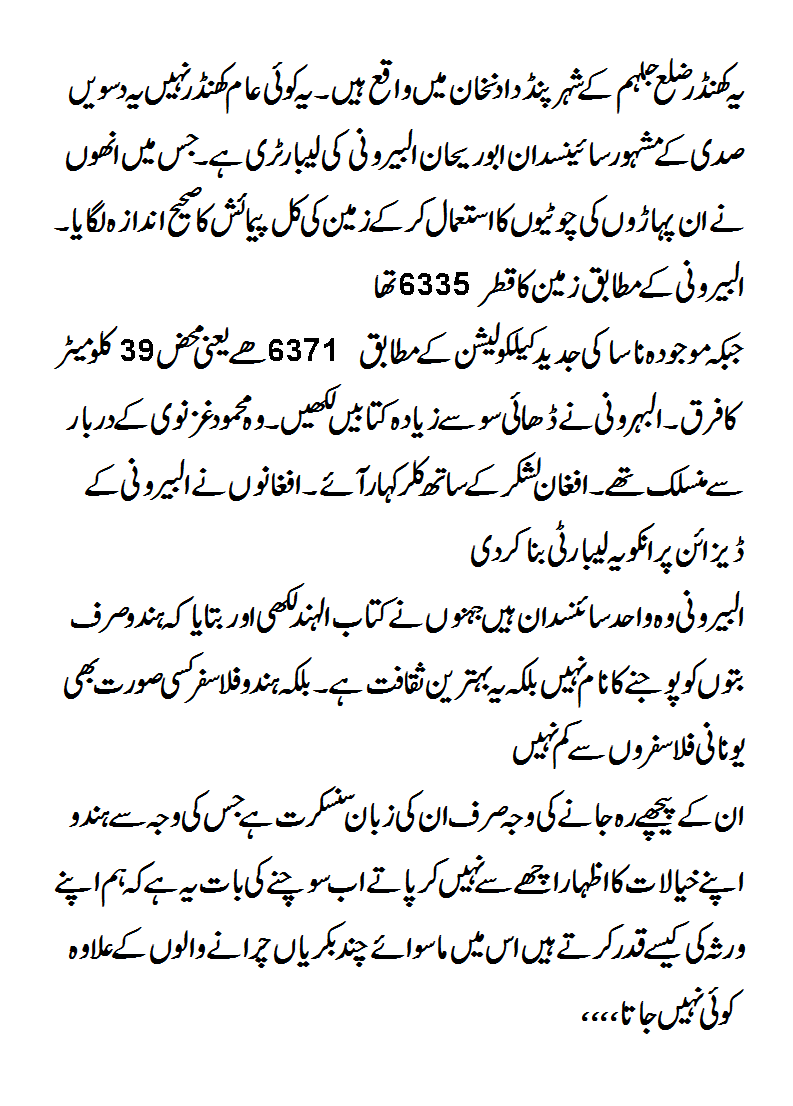Al-Bīrūnī, in full Abū al-Rayḥān Muḥammad ibn Aḥmad al-Bīrūnī, (born Sept. 4, 973 CE, Khwārezm, Khorāsān [now in Uzbekistan]—died c. 1052, Ghazna [now Ghaznī, Afg.), Muslim astronomer, mathematician, ethnographist, anthropologist, historian, and geographer. Al-Bīrūnī lived during a period of unusual political turmoil in the eastern Islamic world. He served more than six different princes, all of whom were known for their bellicose activities and a good number of whom met their ends in violent deaths. Nevertheless, he managed to become the most original polymath the Islamic world had ever known.
Little is known of his early life. He was born in Khwārezm, in the region beyond the ancient Oxus River (the river now known as the Amu Darya), and he was educated by a Khwārezm-Shāh prince,
Abū Naṣr Manṣūr ibn ʿIrāq, a member of the dynasty that ruled the area and possibly a patron of al-Bīrūnī. Some of the mathematical works of this prince were written especially for al-Bīrūnī and are at times easily confused with al-Bīrūnī’s own works.
Of his own personal background even less is known. By his own admission, in a poem preserved in a medieval biographical dictionary, al-Bīrūnī claims that he did not know his own father, much less his family origins. He said this in the context of demonstrating his total disgust with flattery, even when it was being directed at him.
